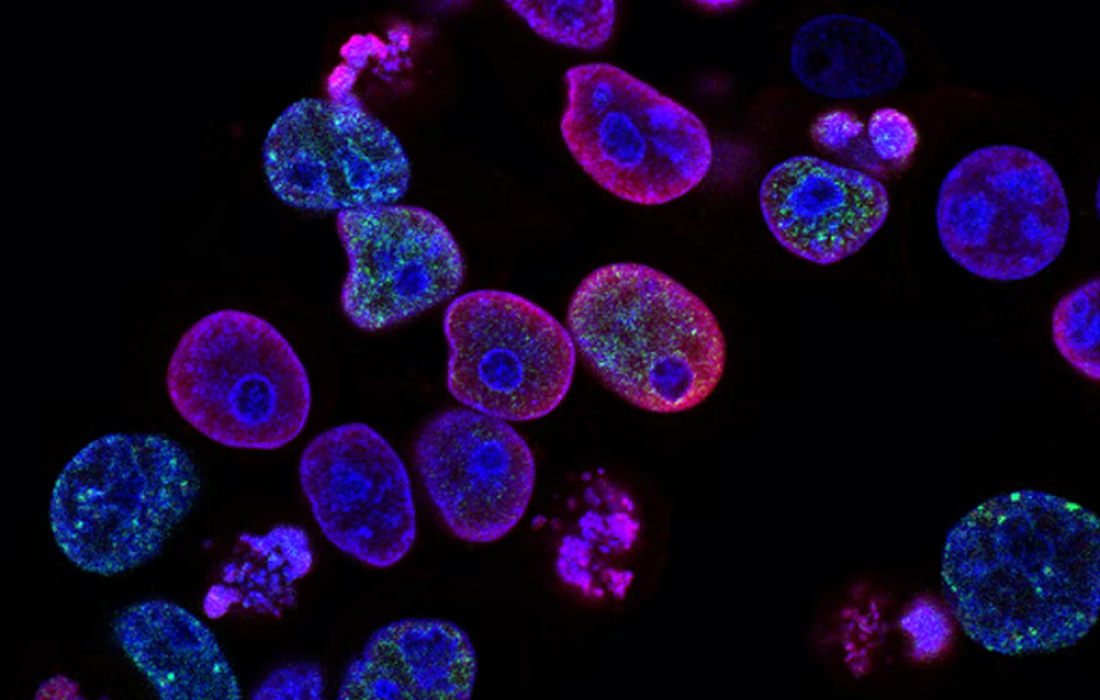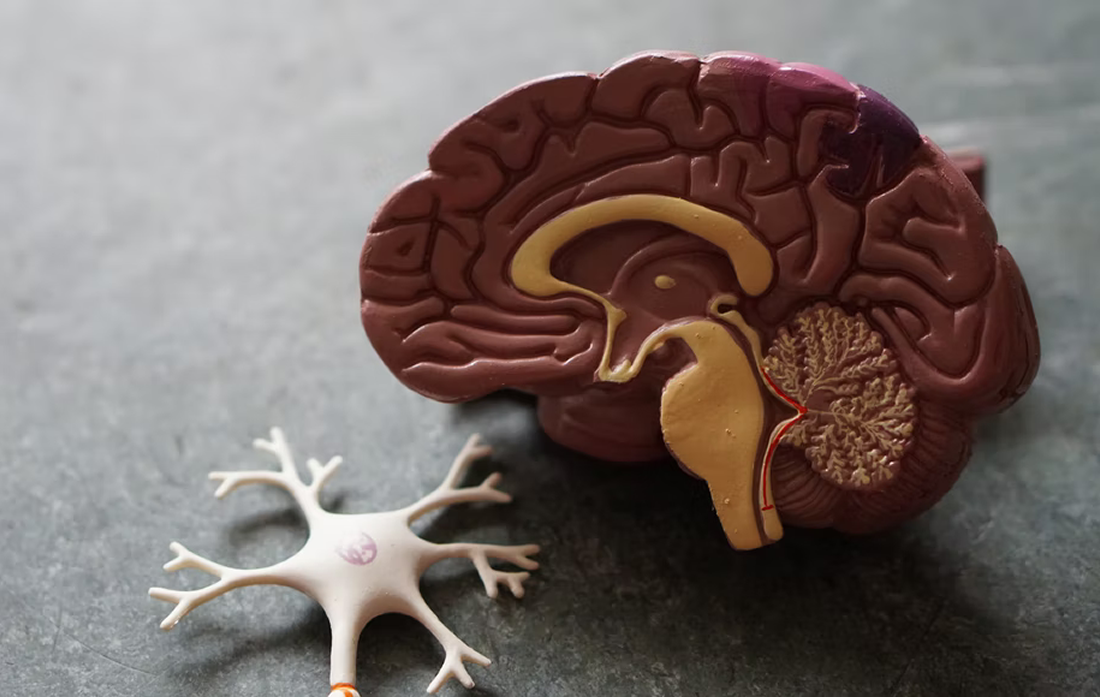Obesity is a complex condition, one with serious social and psychological dimensions, that affects virtually all age and socioeconomic groups and threatens to overwhelm both developed and developing countries. In 1995, there were an estimated 200 million obese adults worldwide and another 18 million under-five children classified as overweight. As of 2000, the number of […]
Category Archives: Regenerative Medicine News and General Information
Chronic traumatic encephalopathy (CTE) is a neurodegenerative tauopathy caused by repetitive head injury. Although it has chiefly been studied in contact sport participants, anyone who experiences repetitive head injury is at risk of CTE. It is associated with a range of neuro-psychological problems that range from mood and behavioral symptoms to cognitive impairment and dementia. […]
Parkinson’s disease (PD) is one of the most common neurodegenerative diseases and is characterized by loss of dopaminergic neurons in the substantia nigra, which causes bradykinesia (slowness of movements) and the characteristic rest tremors. In a new research study published in the journal Proceedings of the National Academy of Sciences, researchers found that kurarione, a […]
A pioneering study led by UCL and the National Institutes of Health (NIH) scientists has revealed why a common genetic variant worsens disease outcomes for people with amyotrophic lateral sclerosis (ALS) and frontotemporal dementia (FTD). Amyotrophic lateral sclerosis (ALS) and frontotemporal dementia (FTD) are devastating adult-onset neurodegenerative disorders with shared genetic causes and common pathological […]
A new test developed at Washington University School of Medicine in St. Louis has proven high accuracy in detecting early signs of Alzheimer’s disease in a study that involved 465 participants. The study was published in the journal Neurology. The research team behind the study aimed to determine the diagnostic accuracy of a plasma Aβ42/Aβ40 […]
Pancreatic cancer is often difficult to diagnose. This is because there are no validated, specific screening tests that can easily and reliably find early-stage pancreatic cancer in people who do not show symptoms. Furthermore, people with pancreatic cancer often do not have clearly identified symptoms in the early stages of the disease. This means it […]
A new study by researchers at Caltech, has discovered that a small-molecule metabolite, produced by bacteria in the gut, can travel to the brain and increase the anxiety levels in mice. The study helps uncover a molecular explanation of how the gut interactions with the brain, also known as gut-brain axis, can influence emotional behaviors. […]
Non-neovascular age-related macular degeneration (NNAMD) is a major medical condition that affects millions of people in the Western world. The use of Macular translocation surgery, transplantation of autologous adult retinal pigmental epithelial (RPE) cells, and injection of suspensions of human embryonic stem cell (hESC)-derived RPE cells have been pursued as potential treatments. Recently, a team […]
The communication between the gut bacteria and the neurologic function, referred to as the gut-brain axis is a novel area of research that has shown us it can regulate different aspects of our health, including brain health through immunologic, metabolic, and endocrine pathways. Different studies have shown associations between the gut microbial measures and neurological […]
Glioblastoma is an aggressive type of cancer that can occur in the brain or spinal cord. Glioblastoma forms from cells called astrocytes that support nerve cells. This type of tumor can appear at any age, but it is more common in older adults. It is considered a terminal disease, as its life expectancy is less […]










